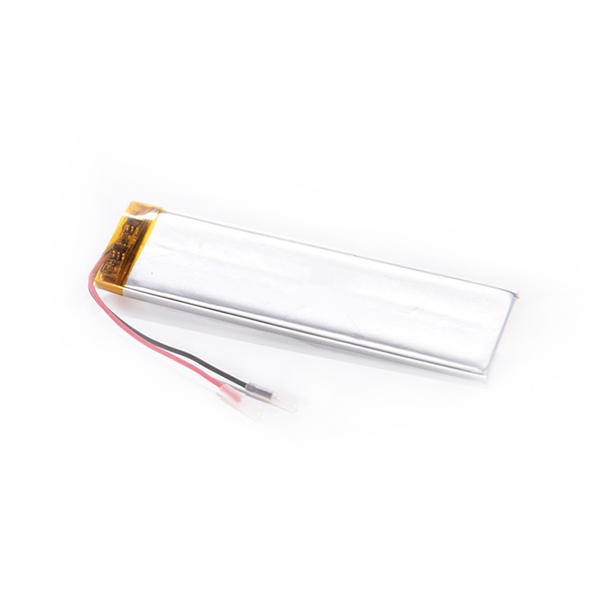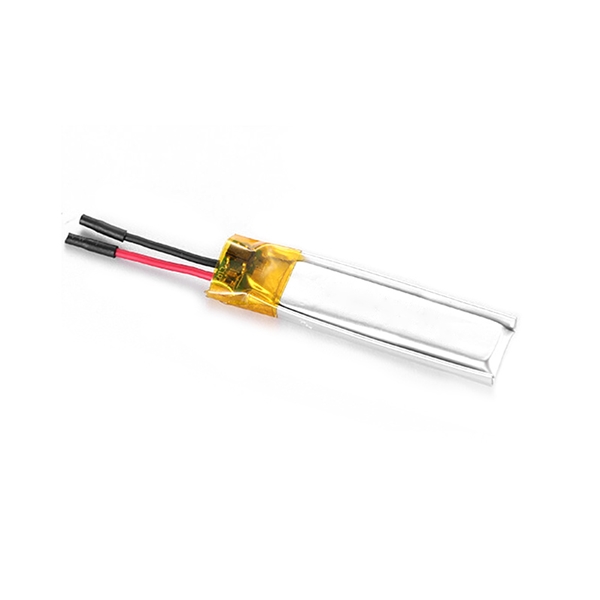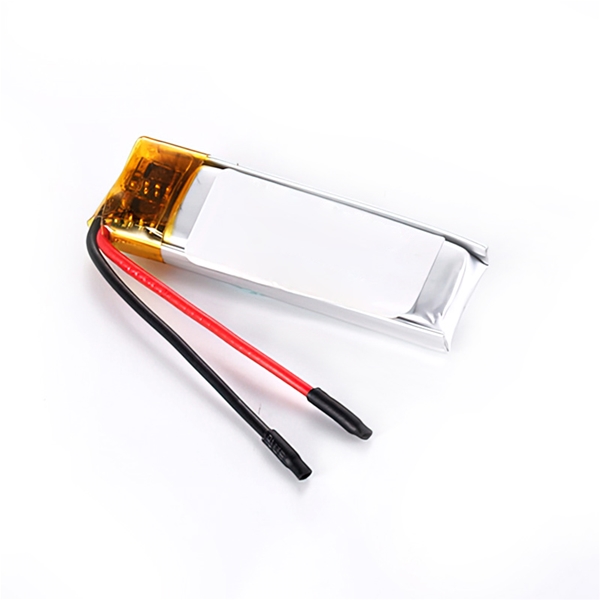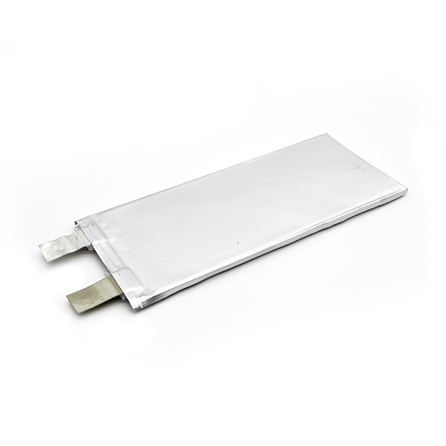-
Home
- Battery
- Application
- Solution
- News
- About Us
Inquiry
Contact UsIf you have any questions, please contact us immediately!Disposal and Utilization Strategies of Used Lithium Batteries
2022-11-28With the rapid development of science and technology and the gradual strengthening of global awareness of environmental protection, new energy vehicles have stood at the forefront of the market and attracted much attention. As the core power source of new energy vehicles, lithium-ion batteries have been widely used and developed rapidly in the past decade. However, as the number of electric vehicles continues to increase and the battery life gradually expires, the number of used lithium-ion batteries is also rising year by year. These used batteries contain a large amount of harmful substances, which if not handled properly will cause serious harm to the environment and human health. Therefore, how to effectively process and utilize used lithium-ion batteries to achieve resource recycling and environmental sustainable development has become an urgent problem to be solved.
1. Current status of disposal of waste lithium batteries
Currently, there are three main ways to deal with used lithium-ion batteries: landfill, incineration and recycling. Among them, landfill and incineration are the simplest and most direct disposal methods, but they are extremely harmful to the environment and human health. Landfilling will cause harmful substances in used batteries to seep into the soil and groundwater, thereby contaminating soil and water sources; while incineration will produce a large amount of toxic and harmful gases and dust, causing serious pollution to the atmospheric environment. Therefore, these two processing methods have been banned by more and more countries and regions.
In contrast, recycling is the best way to deal with used lithium-ion batteries. Through recycling, not only can the harm of used batteries to the environment and human health be effectively avoided, but resources can also be recycled, production costs can be reduced, and economic benefits can be improved. At present, the recycling technologies for used lithium-ion batteries mainly include fire recycling, wet recycling and biological recycling. These technologies have their own advantages and disadvantages in terms of recycling efficiency and environmental protection, but in general, with the continuous advancement and improvement of technology, recycling has become the main way to deal with used lithium-ion batteries.
2. Utilization strategies of used lithium batteries
1. Strengthen policy guidance and supervision
The government plays a vital role in the recycling and utilization of used lithium-ion batteries. The government should formulate corresponding laws, regulations, policies and measures to clarify the responsible entities and obligations for waste battery recycling, and strengthen the supervision and punishment of enterprises and individuals. At the same time, the government should also increase support for the research and development and industrialization of waste battery recycling technology and promote the rapid development of related industries.
2. Establish a complete recycling network system
Establishing a complete waste lithium-ion battery recycling network system is a key link in realizing resource recycling. Enterprises and individuals should actively participate in the recycling of used batteries and build a recycling network with wide coverage and high efficiency by setting up special recycling sites and carrying out regular recycling activities. At the same time, governments and social organizations should also actively participate in the construction of recycling networks and provide necessary financial, technical and policy support.
3. Promote technological innovation and industrial upgrading
Technological innovation and industrial upgrading are key factors in promoting the recycling of used lithium-ion batteries. Enterprises and scientific research institutions should increase their research and development efforts on key technologies for recycling used batteries and break through the technical bottlenecks that restrict industrial development. At the same time, the government should encourage and support enterprises to carry out technological transformation and industrial upgrading, increase the recycling rate and utilization rate of used batteries, reduce production costs and improve economic benefits.
4. Strengthen publicity, education and public participation
Increasing public awareness and participation in the recycling of used lithium-ion batteries is an important foundation for realizing resource recycling. The government and social organizations should strengthen the publicity and popularization of waste battery recycling knowledge and improve the public's environmental awareness and participation awareness. At the same time, schools and enterprises should also incorporate waste battery recycling knowledge into education and training content to cultivate the public's environmental awareness and practical ability.
3. Future Outlook and Challenge Response
With the increasing global attention to environmental protection and sustainable development, the continuous expansion of the new energy vehicle market and the gradual expiration of the service life of electric vehicles, the number of used lithium-ion batteries will continue to increase in the future. Increase. This will bring greater challenges and pressure to the recycling and processing of used batteries. In order to meet this challenge, we need to deal with it from multiple aspects: first, improve the policy and regulatory system and strengthen supervision to ensure the compliance recycling and processing of used batteries; second, increase investment in technology research and development to promote technological innovation and industrial upgrading to improve the use of used batteries. The recycling rate and utilization rate; the third is to strengthen international cooperation and exchanges and learn from advanced foreign processing experience and models to improve my country's waste battery processing level; the fourth is to strengthen publicity and education to guide the public to actively participate in the recycling and processing of used batteries to form a common concern and concern for the whole society. Supportive good atmosphere.
In short, in the face of the growing number of used lithium-ion batteries in the future and the increasingly severe pressure on environmental protection, we must attach great importance to the disposal and utilization of used batteries and actively take effective measures to promote the recycling and resource utilization of used batteries to achieve economic and Coordinated development of society and environment. Only in this way can we ensure the sustainable development of human society and protect our common home planet from the threats of pollution and destruction.
Follow us- +86 0769-21688994
- Room 603, Building 9, No.1 Boheng Second Road, Songshanhu Park, Dongguan City, Guangdong Province
All rights reserved © Guangdong Qiantu Battery Technology Co., LtdQiantu Battery - Battery













